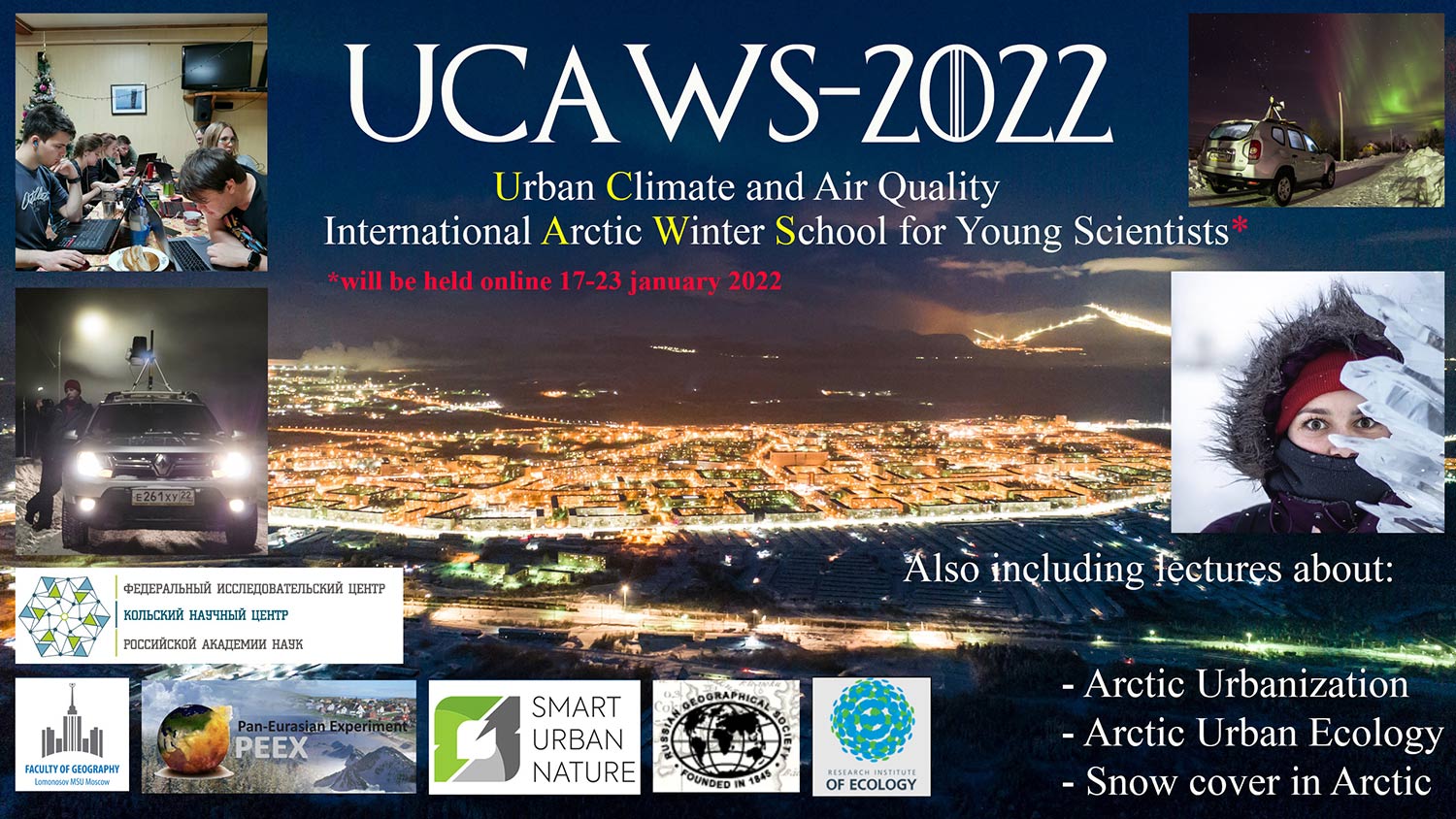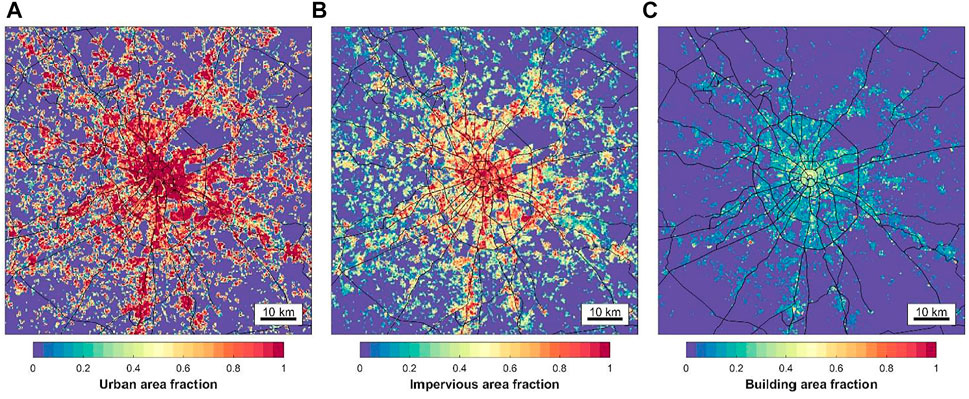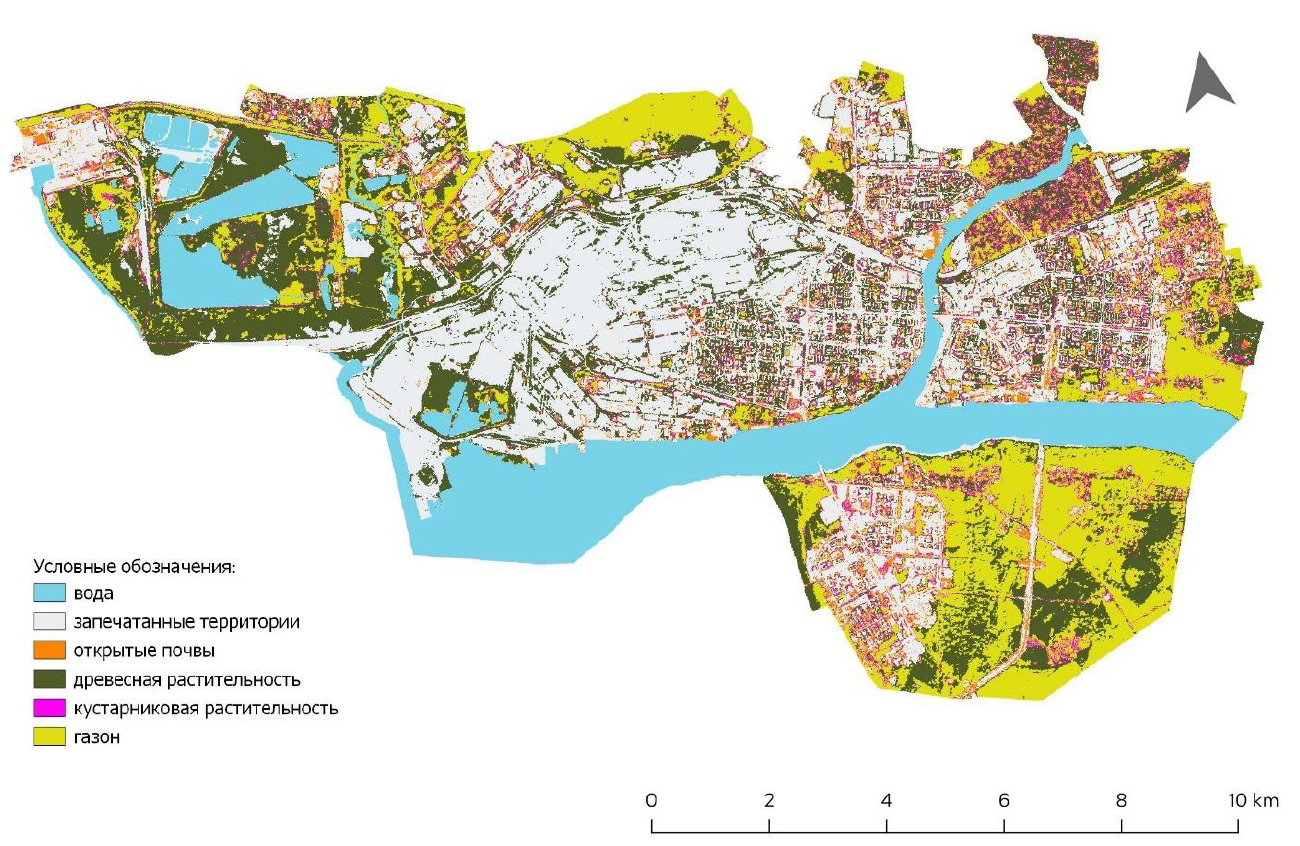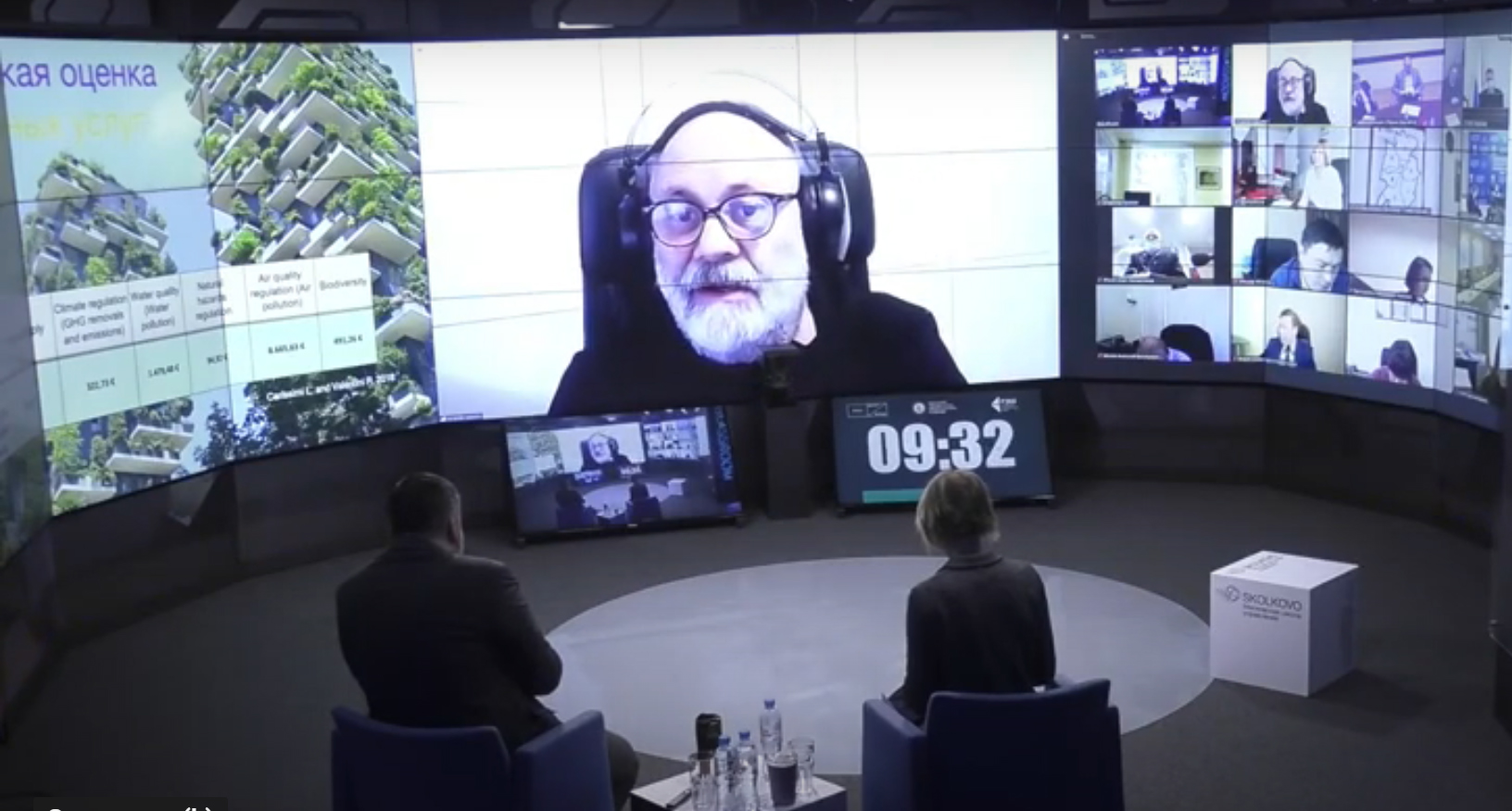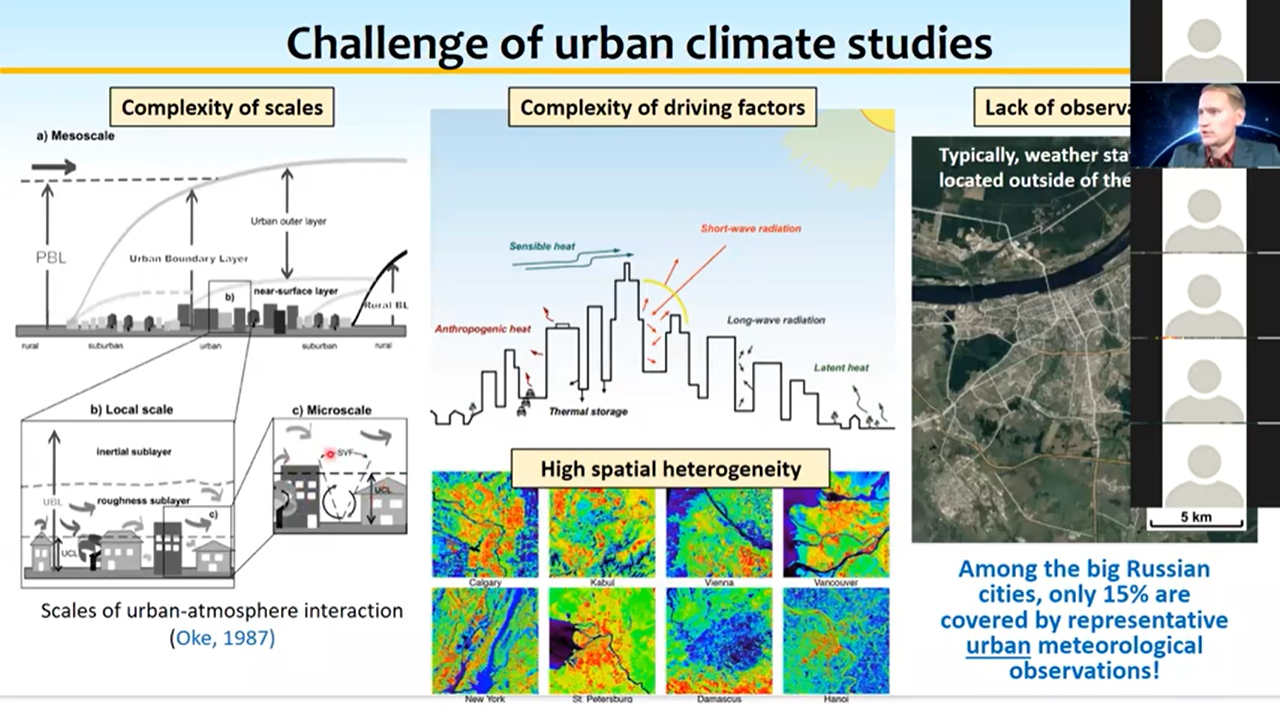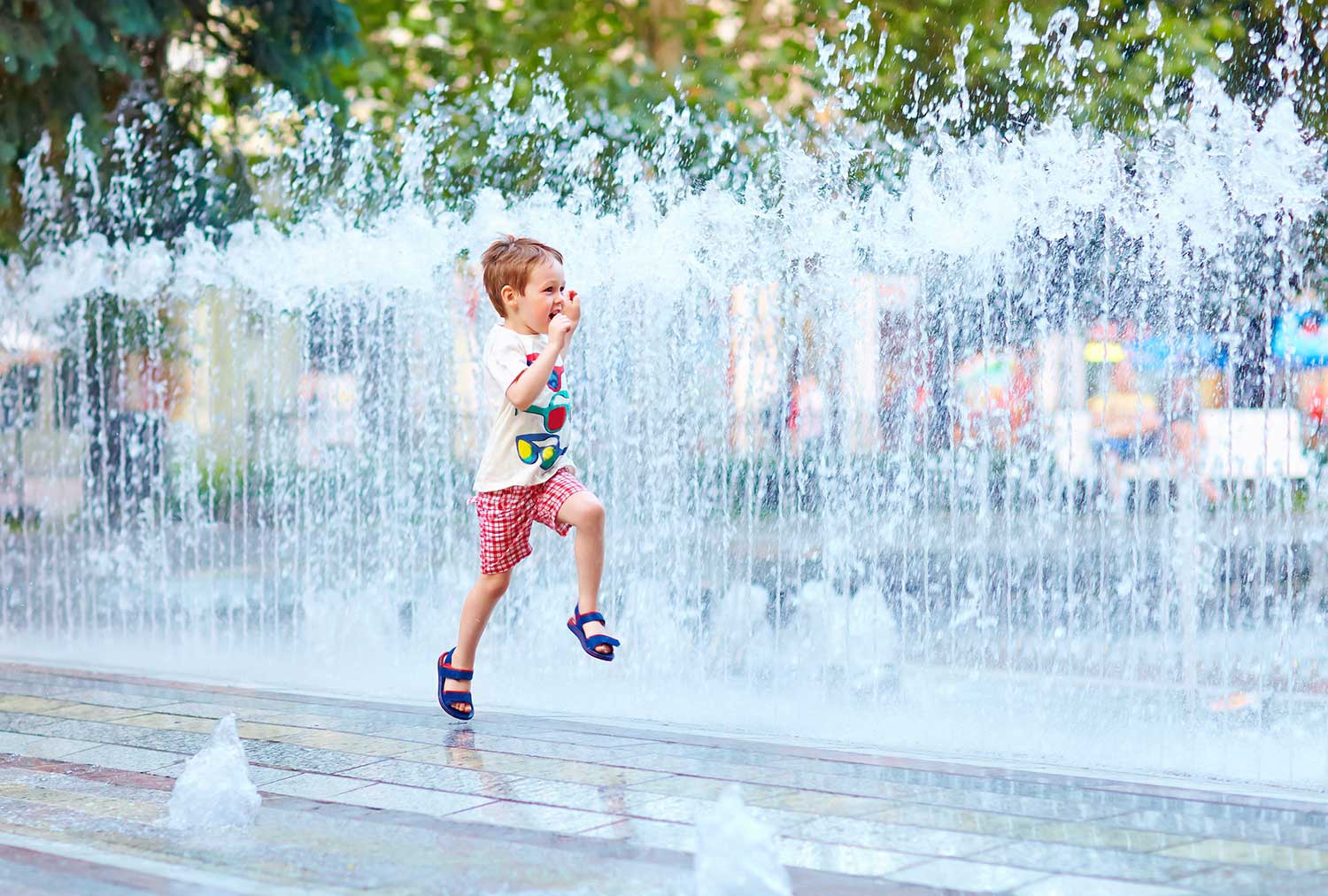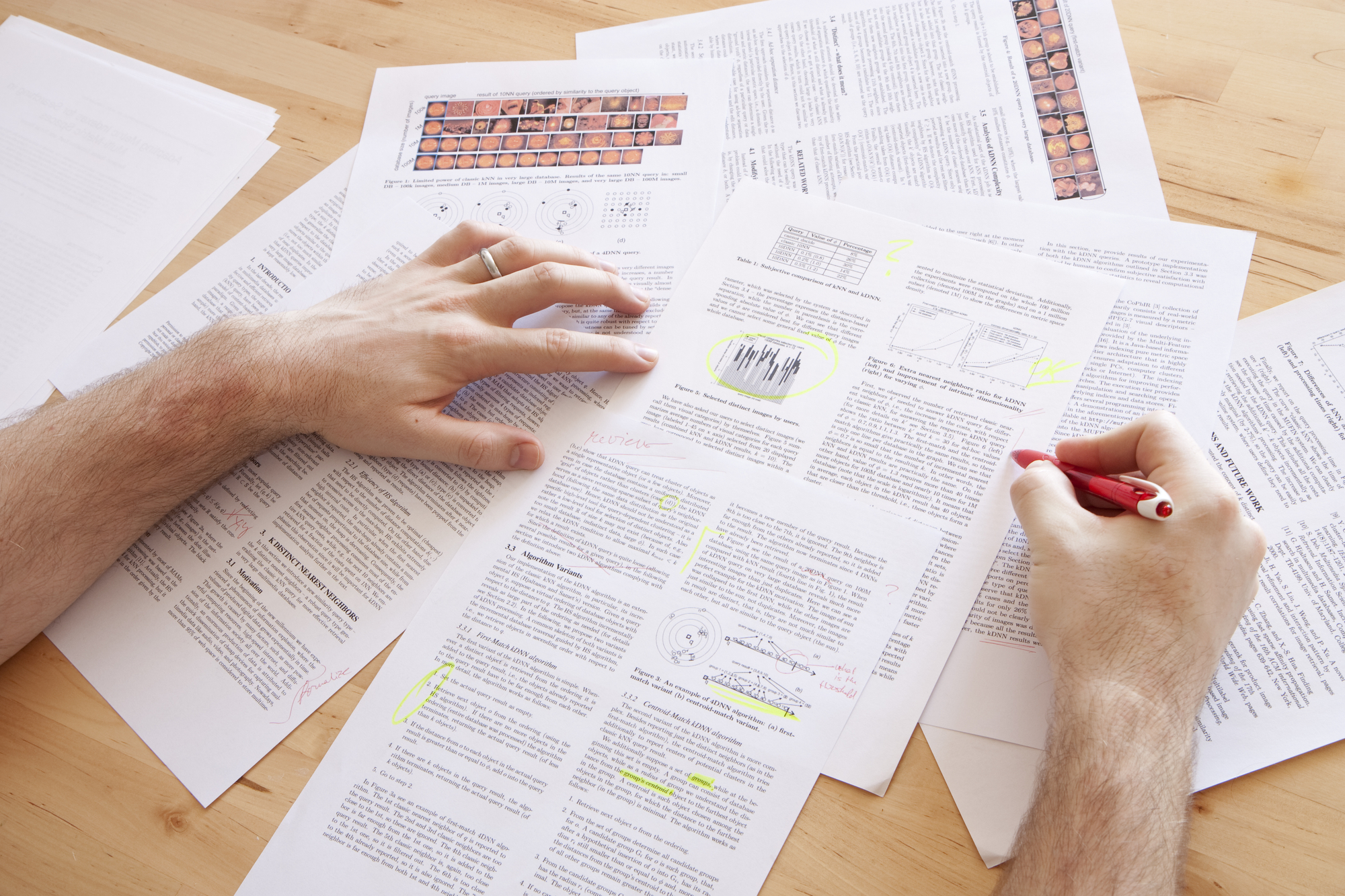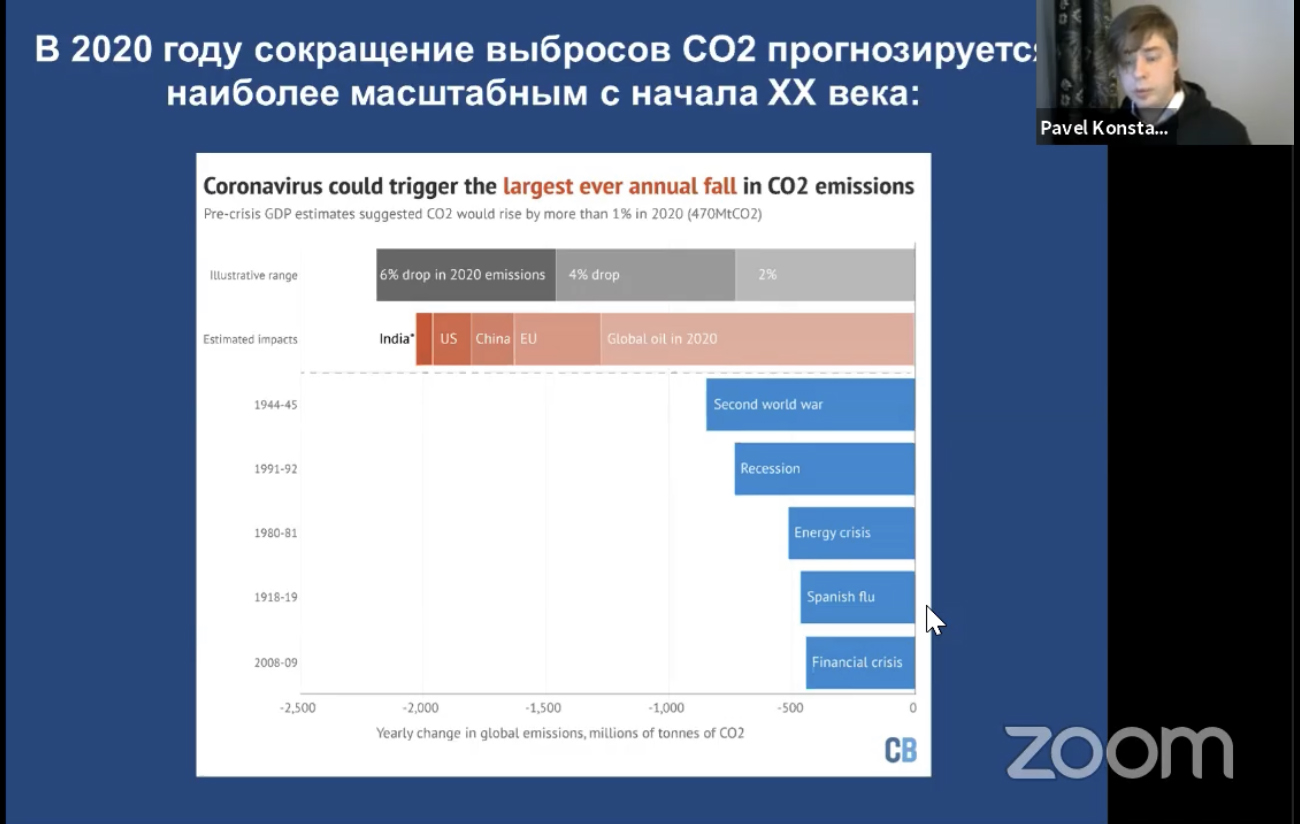In January 2022, the first experimental international winter school for young scientists “Urban Climate and Air Quality Winter School (UCAWS-2022)” was successfully held at the Khibiny educational and scientific base of Moscow State University in Murmansk region. The school was designed for senior students, masters, graduate students and young scientists under 40 who are interested in the problems of urban climatology, urban air quality, urban studies, urban ecology in relation to the cities of the Eastern and Western Arctic. This topic is extremely promising in recent decades, especially in the light of Russia’s chairmanship of the Arctic Council in 2021–2023.
SUN Lab scientist explained how particular hot spots in a city form an urban heat island
SUN lab researcher Mikhail Varentsov in collaboration with Russian and German colleagues explained the patterns of temperature rise in megacities. Scientists from RUDN University, Moscow State University, Moscow Center for Fundamental and Applied Mathematics with colleagues from Ruhr University in Bochum (Germany), Freiburg University (Germany) and Berlin Technical University (Germany) found that not only the alternation of local climatic zones, as previously thought, but also the heterogeneity of the urban environment on a scale of several kilometres make a significant contribution to the formation of an urban heat island on the scale of the entire city. This can be compared to the synergy effect, when the result of the interaction of several factors is more powerful than the sum of the effects caused by the same factors separately.
SUN lab experts made a plan on development of green infrastructure of Cherepovets
The laboratory Smart Urban Nature worked as a consultant to the “Yauza project” bureau, which developed a project for the spatial development of the city of Cherepovets striving for a reasonable balance between the purpose of the object, the needs of people and the environment. Thus, the main goal in developing the concept was to bring nature to the city to create a comfortable living environment. With the proximity of major roads, the impact of the urban heat island, and the increasing number of extreme weather events associated with climate change, the regulatory functions of green infrastructure seem to be the most significant to assess and implement in the city development.
Riccardo Valentini gave a lecture to managers from 100 Russian cities
Prof. Riccardo Valentini, the head of Smart Urban Nature Lab opened the Module 6: Urban ecology of an educational program Master of Public Administration by giving a lecture “Urban Health and Green Infrastructures”.
Participants of this program, organized by SKOLKOVO Moscow School of Management, are 500 managers from 100 largest cities in Russia: mayors, deputy mayors, deputy heads of the region, chief architects. The main objective of the program is to to form leaders who will act as drivers of the development of Russian cities.
SUN Lab’s expert took part in online seminar on supercomputer technologies in climatology
Mikhail Varentsov, an expert from the Smart Urban Nature laboratory, presented the results of numerical modeling and experimental studies in the field of urban meteorology and climatology on the example of the Moscow megacity and Russian Arctic cities. The presentation took place September 23, 2020, on the 33rd Scientific and Educational Seminar on Supercomputer Modeling of the Climate System.
The first service in Russia for predicting heat risks in cities was developed by SUN Lab
SUN Lab’s climatology team with the support of the Russia Science Foundation is developing the first russian system for predicting heat risks for urban residents. The “Heat in Russia – 2020” project applies an experimental technology, based on modeling the thermal balance of the human body in various meteorological situations, and allows to identify “heat waves” and indicate the most dangerous time periods.
Review of the impact of Global Climate Change on Metal(loid) Soil Pollution
Anna Paltseva, a researcher at the SUN Lab, and Professor Alexander Neaman made an overview of research works in the field of the impact of global climate change on metal mobility in soils.
Science in self-isolation: climatologist from SUN Lab held a public online lecture on climate and coronavirus
April 17, 2020 a virtual meeting with Pavel Konstantinov, a climatologist, scientist at the Smart Urban Nature Laboratory (RUDN University), as well as the Executive Secretary of Russian Pan-Eurasian Experiment office (PEEX in Moscow State University) took place. The online lecture gathered about 700 viewers. In a conversation about climate, Pavel paid special attention to the current situation with coronavirus. And also shared a useful life hack how to determine the weather for tomorrow with an accuracy of 72% in two minutes.

